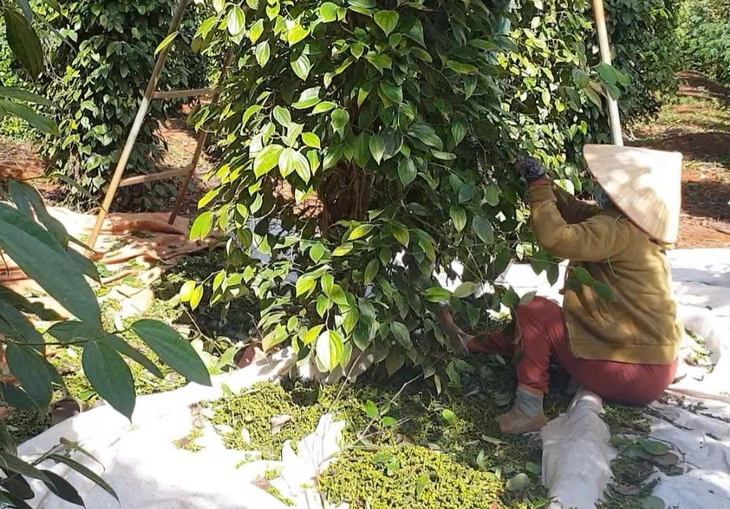
Farmers harvesting pepper - Photo: N.TRÍ
VAT tax revenue was only 55 billion VND, but refunds amounted to 2,135 billion VND.
The Vietnam Pepper and Spice Association (VPSA) has recently sent a letter to the Government Office , the National Assembly Office, and relevant ministries and agencies, proposing a review of value-added tax (VAT). According to calculations by this industry, applying a 5% VAT would result in the State collecting only 1 dong but having to refund 39 dong, creating significant inconsistencies.
VPSA's analysis indicates that the domestic pepper industry currently produces approximately 200,000 tons per year. Of this, 190,000 tons (95%) are exported, while only 10,000 tons (5%) are consumed domestically.
In the domestic market, only about 5,000 tons of this product (2.5%) is processed and consumed domestically. Therefore, the State only collects VAT from this portion of the product. The majority of the remaining production is exported and is not subject to VAT, so exporting businesses will be reimbursed for this portion.
According to calculations, the total export value of the pepper industry reached 1.3 billion USD, of which the 5% VAT for the entire industry would amount to 65 million USD. However, only about 1.6 million USD (equivalent to approximately 42 billion VND) was collected from products consumed domestically. The remaining 63.4 million USD will be refunded to exporting businesses.
Similarly, other spice crops, with a total export volume of approximately 200,000 tons, only allocate about 5,000 tons for domestic processing and consumption. Overall, the Vietnamese spice industry, with total exports exceeding 400,000 tons (as of 2024), only consumes about 10,000 tons of pepper and other spices domestically.
Thus, the actual VAT revenue for the State is estimated at only 55 billion VND. Conversely, the amount of tax expected to be refunded is approximately 2,135 billion VND (almost 39 times higher).
Consider applying a flat export tax of 0.5%.
To support the stable and sustainable development of the pepper and spice industry, VPSA has put forward the following recommendations.
Specifically, apply a 0% VAT rate to raw materials used in the production of export goods. Abolish the tax refund mechanism for exported pepper and spices, as it is inefficient, creates significant capital pressure, and is prone to fraud.
Consider applying a flat export tax of 0.5%, which would allow the State to collect revenue directly at the transaction stage, support businesses in managing their cash flow, and shorten the capital turnover cycle.
Maintain the 5% VAT rate on domestically consumed products. We propose postponing the implementation of the new VAT Law to allow more time for evaluation and adjustments to better suit practical realities.
"These recommendations will contribute to building a transparent and efficient tax environment, supporting businesses in fulfilling their obligations to the budget while creating conditions to promote sustainable development and increase the added value of Vietnamese agricultural products," VPSA expects.
Recently, the food and coffee industries also petitioned the Prime Minister to remove rice and green coffee beans from the list of goods subject to a 5% value-added tax (VAT) from July 1st.
According to the new Value Added Tax Law, green coffee beans and rice will be subject to a 5% VAT. However, the Vietnam Food Association (VFA) and the Vietnam Coffee and Cocoa Association (VICOFA) argue that this is creating significant financial and procedural pressures for businesses. The two associations have petitioned the Prime Minister to consider removing exported rice and green coffee beans from the VAT list to reduce the impact on working capital and improve competitiveness.
Regarding the rice industry, in the first six months of the year, Vietnam exported more than 4.7 million tons of rice, earning $2.45 billion.
Meanwhile, in the first six months of this year, Vietnam exported nearly 1 million tons of coffee, worth $5.5 billion - an increase of 5% in volume and 66% in value compared to the same period in 2024.
According to a VICOFA representative, the new regulations are pushing businesses into a vicious cycle of similar capital flows, easily leading to stagnation in the market.
Prior to 2013, green coffee beans were subject to a 5% VAT under the 2008 VAT Law. Due to tax refund abuses and difficulties for legitimate businesses, this item was removed from the taxable list in 2013. However, with the new law, green coffee beans have been reinstated to the 5% tax rate.
Source: https://tuoitre.vn/thu-1-dong-nhung-phai-hoan-den-39-dong-den-luot-nganh-ho-tieu-kien-nghi-bo-thue-vat-202507311752438.htm









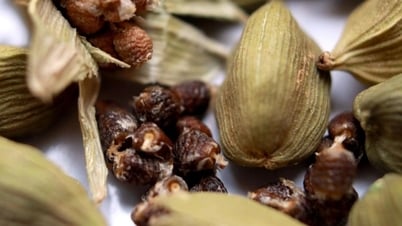

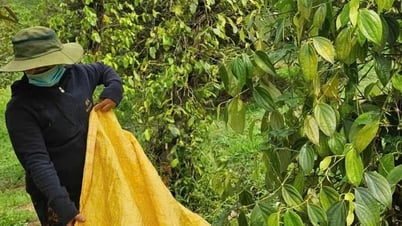
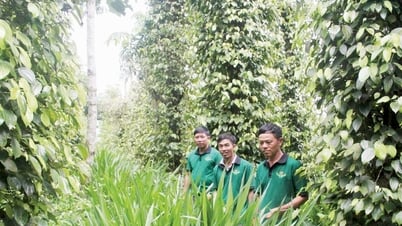



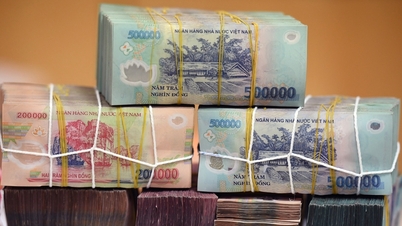

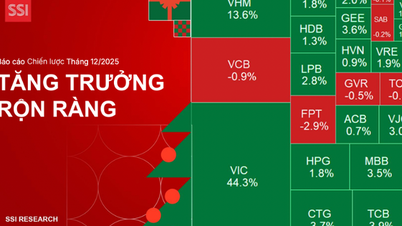

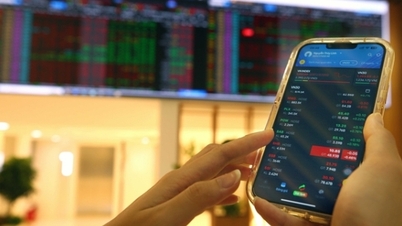

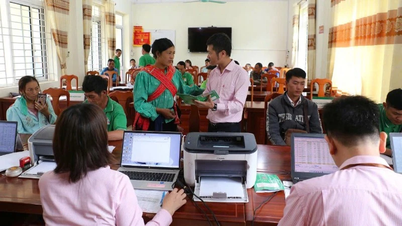

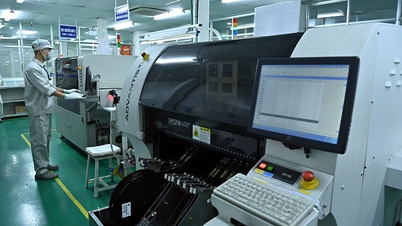






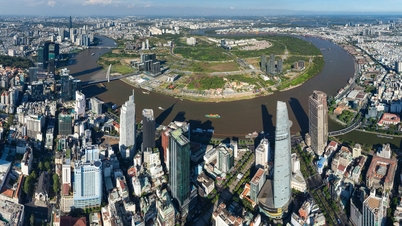


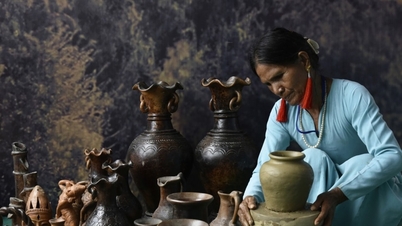

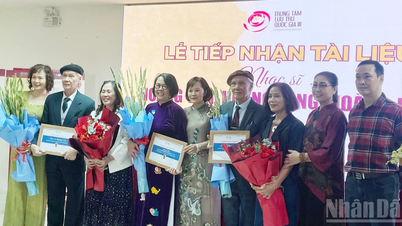





![[Video] The craft of making Dong Ho folk paintings has been inscribed by UNESCO on the List of Crafts in Need of Urgent Safeguarding.](https://vphoto.vietnam.vn/thumb/402x226/vietnam/resource/IMAGE/2025/12/10/1765350246533_tranh-dong-ho-734-jpg.webp)
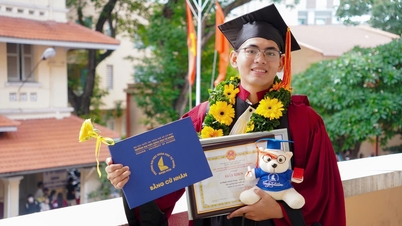

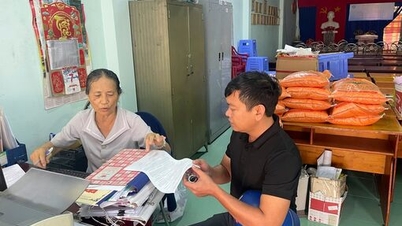

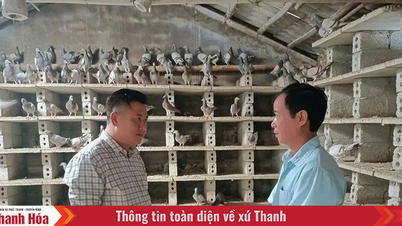



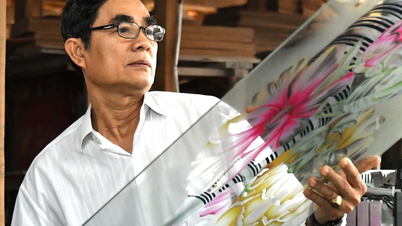

















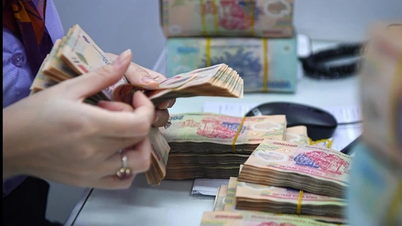




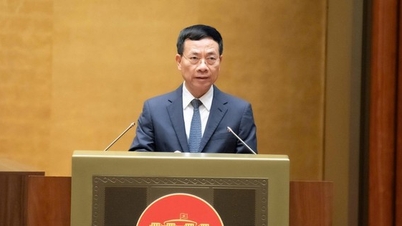





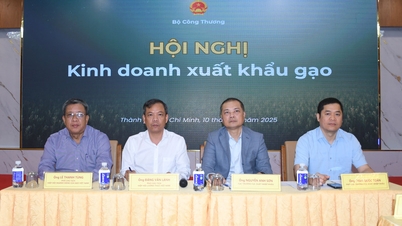







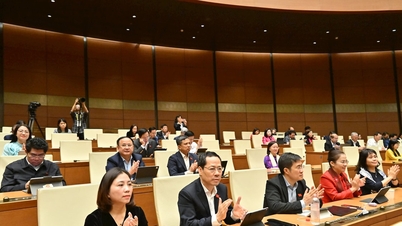

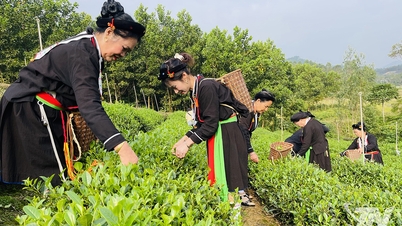













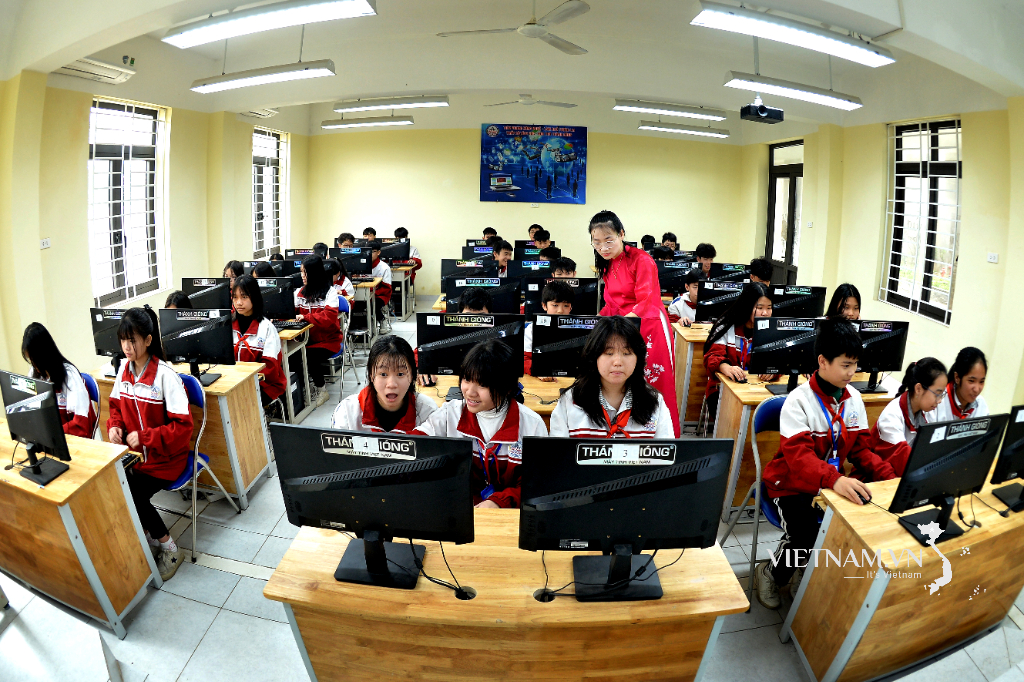




Comment (0)